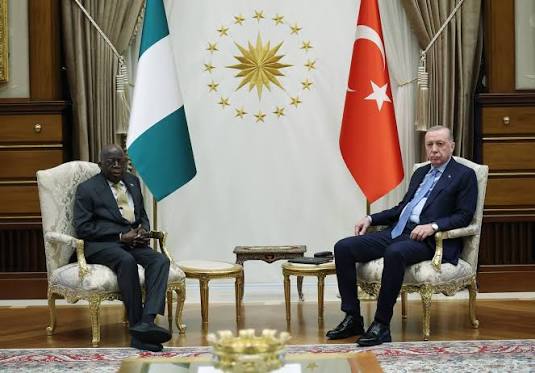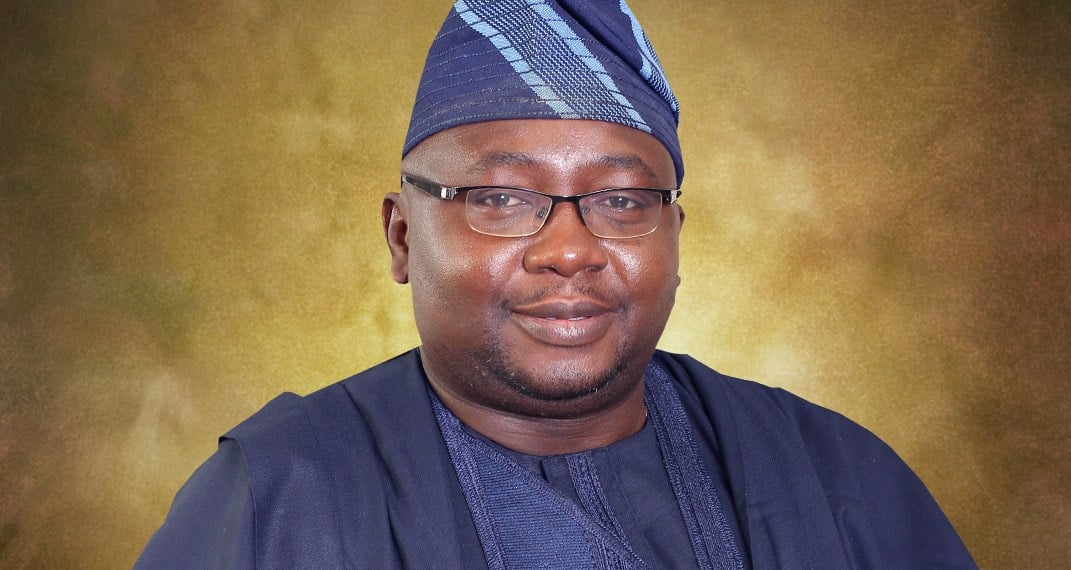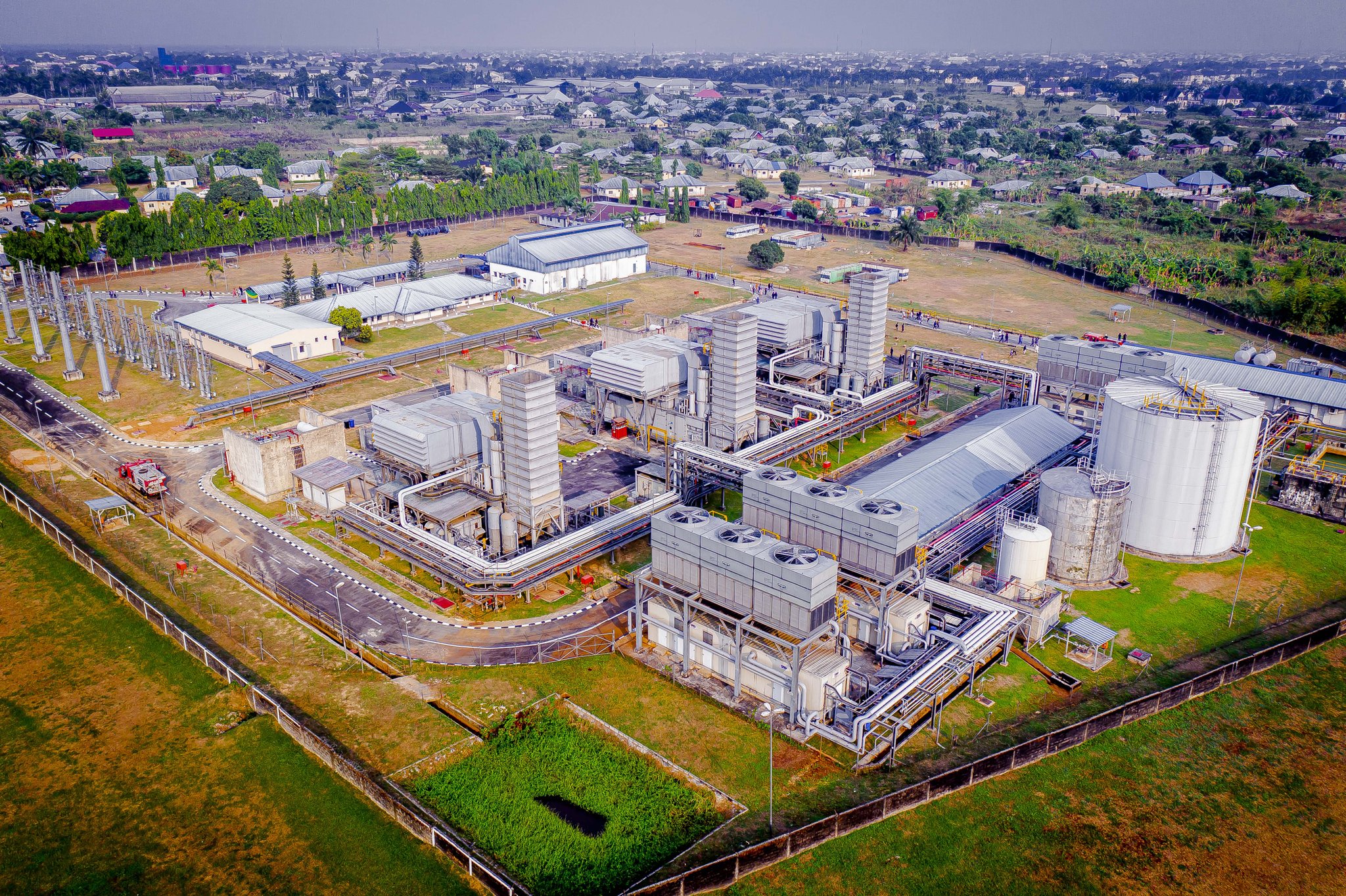The Head, of the Group Corporate Banking and Chief Operating Officer, at Ecobank Transactional, Dr. Bunmi Bajomo, has said, that Nigeria has now become the world’s highest CRR country, as a result of the resolution by the Monetary Policy Committee to increase the cash reserve ratio from 32.5% to 45%.
Bajomo stated this at a Webinar on ‘Nigeria’s Economic Recovery: CBN policies and its impact on the wider economy,’ according to nairametrics.
She pointed out that, apart from the currency float in the January 29th circular, two important policies have attracted considerable attention from investors.
“Firstly, the Monetary Policy Committee’s decision to raise policy rates by 400 basis points, followed by an additional 200 basis points, culminating in a rate of 24.75%.
“Secondly, the MPC’s resolution to elevate the cash reserve requirement from 32.5% to 45% has positioned Nigeria as the country with the highest CRR globally,” she said.
According to her, two noteworthy indicators emerge from these developments.
Bajomo emphasised that about N1 trillion had been withdrawn from the economy as a result of increased cash reserve requirements.
Moreover, the adjustment of interest rates following an increase in the monetary policy rate MPR had sent signals to investors that the Central Bank was ready to start raising interest rates.
Bajomo pointed out that negative interest rate differentials have been a persistent problem in the previous circulars and policy initiatives.
She said that comparing Nigeria with global and regional peers in West Africa, a significant negative yield environment has deterred serious investments.
“Mind you, the negative interest rate differential or the negative interest rates has been the bane of all of the previous circulars, all of the policy initiatives, because looking at it and comparing ourselves with the rest of the world or even our immediate neighbors across West Africa, no serious investments would come in in an environment of significant negative yield,” she explained
Bajomo observed that the MPR adjustment has resulted in a significant reduction of the negative yield that had become prevalent.
She pointed out that between January and February, Nigeria recorded a significant trend in investment flows, in particular foreign portfolio investment, amounting to $2.3 billion.
This figure is quite significant when compared to the total amount of $3.9 billion that the country achieved last year.










